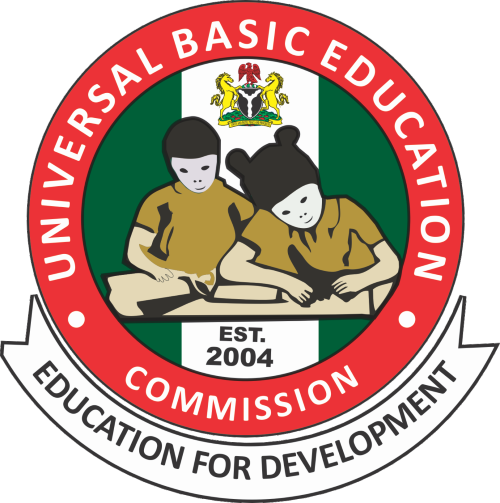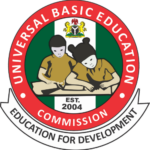The recent revelation that over N135 billion in Universal Basic Education Commission (UBEC) matching grants was yet to be accessed by state governments calls for deep reflection on the commitment of these governments to education, particularly at the state level.
In the report, the Executive Secretary of the UBEC, Dr Hamid Bobboyi, revealed that a staggering sum of N135,540,905,308.92 in matching grants has not been accessed by states between 2020 and 2024. He expressed concern that many states had failed to meet the necessary conditions to access these funds, leaving much-needed resources untapped for educational development.
Specifically, nine states and the Federal Capital Territory (FCT) had not accessed the 2023 Universal Basic Education (UBE) Matching Grant, while Abia and Ogun states emerged as prominent defaulters for the period between 2020 and 2023.
According to Dr Bobboyi, the regional performance varied significantly. The North-West Zone ranked highest, with a 100 per cent grant utilisation rate, followed by the South-South (97.92%), North Central (97.76%), North East (97.57%), South West (92.28%), and South East (85.37%). Only Katsina and Kaduna states had accessed the first two quarters of their 2024 grants.
- I inherited 70% idle young population –Zamfara Gov
- Suswan, Edeh pledge solar electricity for Benue varsity
While there has been some improvement, especially with states from the North West zone, it is worrisome that this problem is a recurring one. With the United Nations Children’s Fund (UNICEF) and the United Nations Educational, Scientific and Cultural Organisation (UNESCO) estimating that Nigeria has about 20.2 million out-of-school children, we believe it is a flagrant breach of duty taken too far for governments to fail to access the UBEC grants despite frequent complaints about insufficient resources for basic education.
Investigations into this troubling trend have revealed that accountability is a major obstacle. While the international donors contribute to UBEC funds with the hope of improving education, many state governors, according to investigative reports, see the grants as loose cash when accessed, which highlighted why appointments to State Universal Basic Education Boards (SUBEBs) have often been considered one of the plumiest in states and thus reserved for loyalists or relatives of the governors.
Such practices undermine governance and highlight the lack of commitment to improving education. Denying children their right to free and compulsory basic education, as guaranteed under the Child Rights Act and the Compulsory, Free, Universal Basic Education Act, constitutes a violation of their fundamental rights.
We call on state houses of assembly to, as a matter of urgency, take legislative action to hold their governors accountable. This is more so as states that have fully accessed UBEC grants still face significant infrastructure challenges in their basic education systems; how much more for those that are lagging behind? These challenges underscore the necessity of utilising interventions like UBEC grants effectively.
We also believe that UBEC must transition from merely lamenting the situation every year to adopting some strategic measures that would improve compliance.
This, we believe, aligns with UBEC’s mission of progressively improving the capacity of states, local government agencies, and communities to provide unfettered access to high-quality basic education.
It is worth noting that legal action has been initiated to address this issue. We are aware that in January 2024, the law firm of Femi Falana (SAN) filed a suit at the Federal High Court, seeking an order to compel the 36 state governments to access N68 billion in UBEC funds. While this amount has since grown to N135 billion, it is worrisome that some defendants in the suit have questioned the firm’s locus standi, further exposing the indifference of certain state governments to universal basic education rights.
In view of this, we urge stakeholders across the board to devise strategies to pressure state governments into meeting their counterpart funding obligations. Failure to do so undermines efforts to provide free and quality basic education to Nigerian children.
We believe that the significance of basic education cannot be overstated; it is the foundation for national development and the future of the country. With this, we call on state governments to prioritise investments in basic education to ensure that no child is denied his right to access to basic and quality education.
It is also our utmost conviction that the efficient and effective utilisation of UBEC grants is not just a matter of policy compliance but a moral obligation. All hands must be on deck to rescue Nigeria’s basic education sector from further decline.
We at Daily Trust propose that it is time to enforce accountability and ensure that state governments fulfil their duties, safeguarding the rights of indigent children to quality education.

 Join Daily Trust WhatsApp Community For Quick Access To News and Happenings Around You.
Join Daily Trust WhatsApp Community For Quick Access To News and Happenings Around You.


